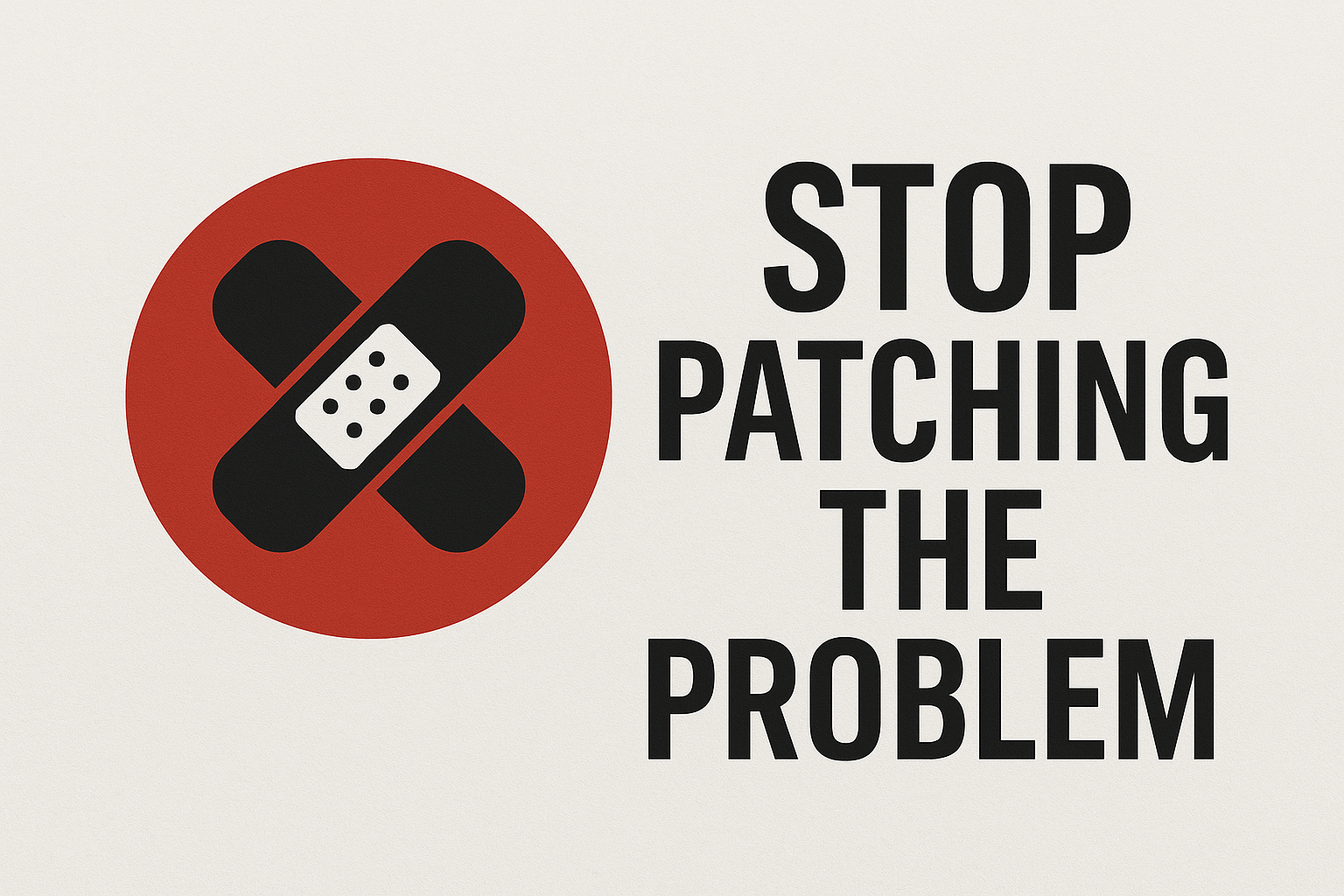What if the future is personal? What if the true answer to inclusion, belonging, engagement and productivity was not about treating everyone the same, but in unique ways that matter to each and every one.
The last couple of years as we’ve navigated the chaos – the accumulative impacts of the pandemic; the increased focus on diversity, inclusion, equity; the disruption of hybrid work; and the movement into The Great Resignation and War on Talent – a new conversation is starting to bubble up that goes something like this: “Don’t treat me like everyone else, I’m different.”
For the most part, people are not stopping work, they are leaving managers and employers to find either an opportunity or company that meets their unique needs right now OR they are designing the perfect job by entering the gig economy and entering the freelance or entrepreneur market.
This disconnection with present managers/employers is exacerbated by the lack of personal connection in a remote working world. Gone, for the most part, are the personal conversations and relationships that would have been built in a face-to-face environment. That quick, since you’re here, let me show you something or bring you in on this project.
The 2022 Gallagher State of the Sector report told us that only 45% of managers even receive communication training. They’re doing their best with the limited tools they have been given and are quite frankly making it up as they go along.
As I work with organizations to do focus groups, what amazes me is the passion and conviction of employees who are simply happy to be asked about their opinion. That being said, they are also telling us that they are growing weary and skeptical of the lack of action by organizations after they have received feedback.
The Communication EVOLUTION
We’ve seen a bit of an evolution when it comes to internal and manager communication:



